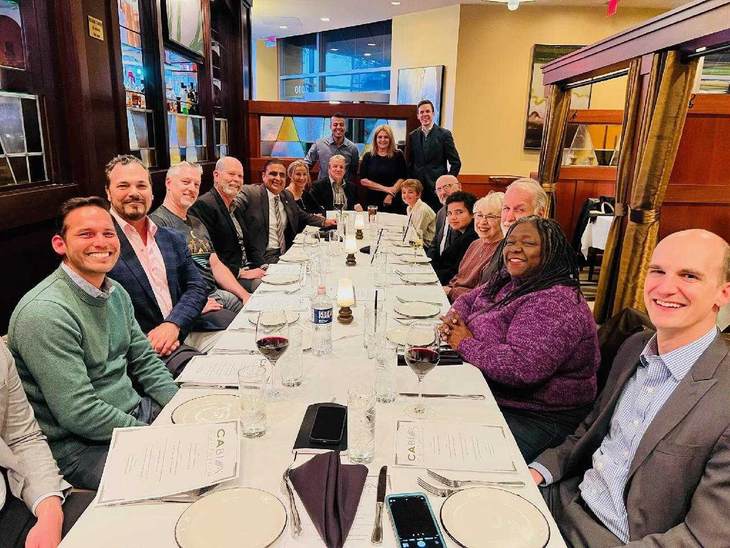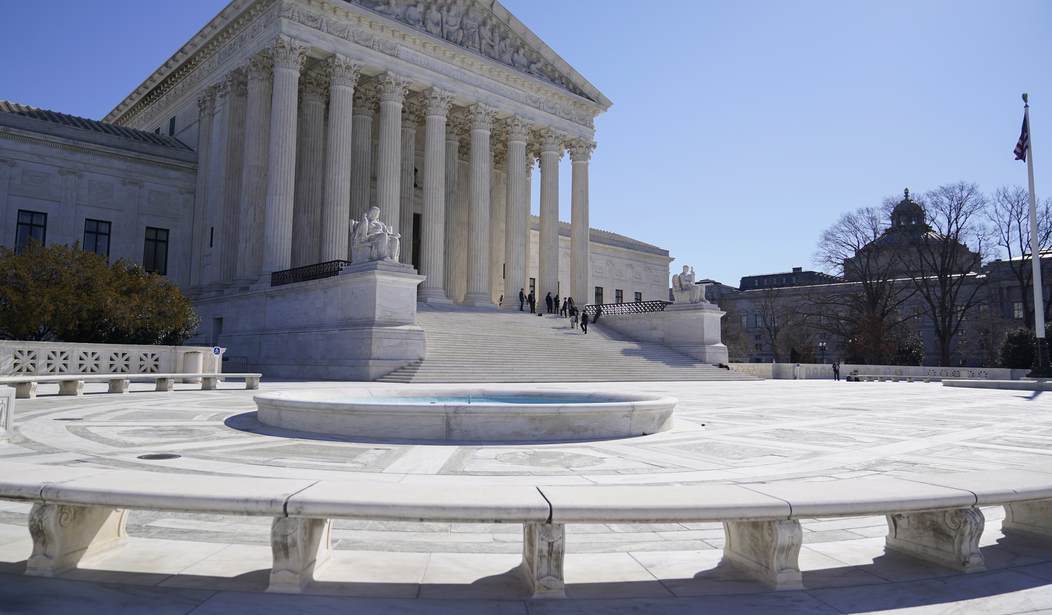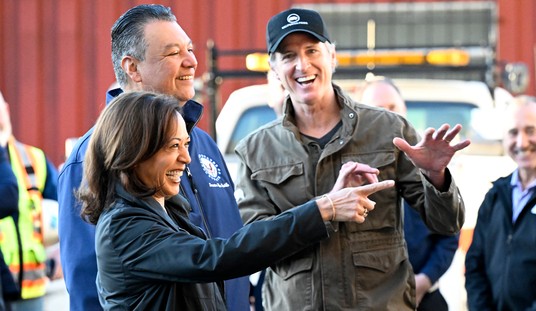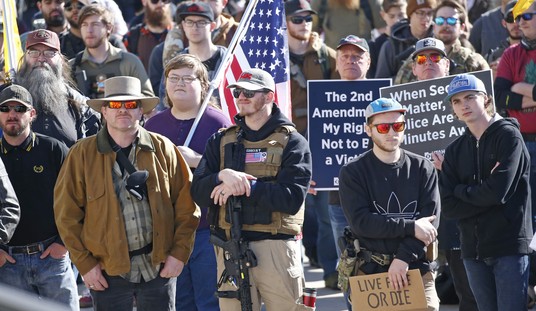
Founded in 2007, the California Business and Industrial Alliance (CABIA) is a trade organization that seeks to fix California’s Private Attorneys General Act (PAGA). Why would CABIA or any other California business or franchisee care about this? Because PAGA has been used as a blunt instrument to bludgeon small business, taking countless hours away from the business owner’s management of their company, costing them millions of dollars in attorneys fees, administrative “fixes,” and payouts, and squelching the employer’s ability to hire quality staff and manage their workforce and workforce relations as they see fit.
Most egregiously, PAGA has been used by attorneys to enrich themselves, as they make an end-run around any arbitration agreement between the employee and employer. Employees of California companies have used PAGA to file suit against their employers, despite having these agreements in place.
The case of Viking River Cruises, Inc. v. Moriana seeks to cut PAGA off at the knees by answering whether the Federal Arbitration Act (FAA) and any decisions that have supported it can be used to enforce these agreements and prevent an employee from raising representative claims under PAGA.
From the OnLabor blog:
On March 30, the Supreme Court will hear oral arguments in Viking River Cruises, Inc. v. Moriana. The case focuses on whether California employers can force employees to waive their right to bring claims under the Private Attorney Generals Act, which allows California workers to sue their employers on behalf of the state for employment law violations. If the Supreme Court holds that courts must enforce employers’ attempts to bar PAGA claims, it will strip many workers who sign arbitration agreements of the ability to seek recourse for employment violations.
On March 2, plaintiff Angie Moriana filed a reply brief with the Supreme Court, arguing that the Court should not enforce employers’ efforts to bar employees’ PAGA claims. In her brief, Moriana argues that PAGA claims are not subject to contractual forfeiture because “California law prohibits contractual waivers of statutory protections enacted for public reasons,” and the Federal Arbitration Act does not preempt this.
Moriana notes that the agreement she signed with her employer, Viking River Cruises, did not require that she arbitrate PAGA claims, but rather included a waiver of PAGA claims altogether, in any forum. She argues that nothing in the FAA’s text requires that courts enforce such comprehensive waivers of particular claims. The FAA is focused on “agreements to settle a controversy by arbitration,” not “agreements to strip contracting parties of the right to pursue state public-policy claims in all forums.”
On Tuesday, the day before the SCOTUS oral arguments for this case, I attended an informal gathering of the business owners to whom CABIA gives support and guidance, who flew into Washington, D.C. to be a part of the Rally. I listened to some of the horror stories of employees who had been with some of their companies for less than two months and even two weeks, who filed frivolous PAGA claims against them. This upended their businesses for years, and some are still battling in court and experiencing the fallout from these actions.

Pedro Gallegos, a co-franchisee of Two Men and a Truck Movers in San Diego was warned that,
“PAGA is a rite of passage for small business.”
This should not be. The hope is that the oral arguments before SCOTUS will work toward a favorable decision for the petitioners. If so, this could provide the fix needed to rework PAGA and the damage the act has caused not only to California businesses, but its employees.
More to come….
(EDITOR’S NOTE: Jennifer Oliver O’Connell was asked by California Business and Industrial Alliance (CABIA) to cover their Rally at the Supreme Court on Wednesday, March 30th, in support of oral arguments on Viking River Cruises, Inc. v. Moriana. On February 7, 2022, CABIA filed an amicus curiae brief in support of the petitioner.)















Join the conversation as a VIP Member